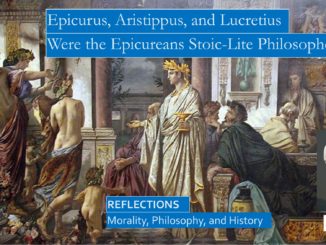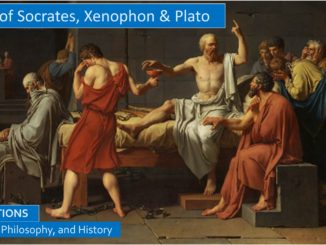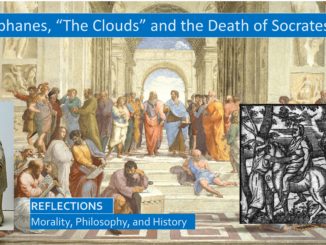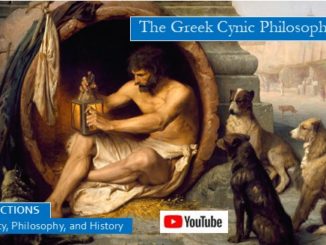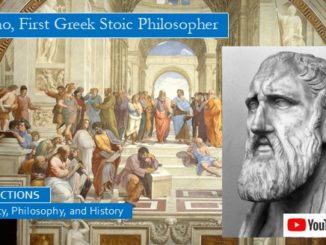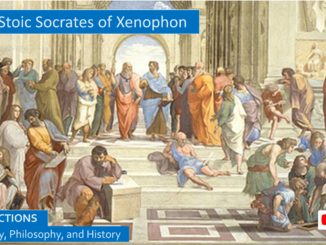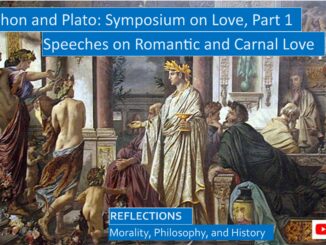
Xenophon and Plato, Socratic Dialogue, Symposium, Romantic and Carnal Love, Part 1
When reading these dialogues, keep in mind that the speeches by the guests preceding Socrates are either simplistic or flawed, or both, and they often describe sensual love, which can be partially noble, which are contrasted to the purely noble and Divine Love described by Socrates. […]



